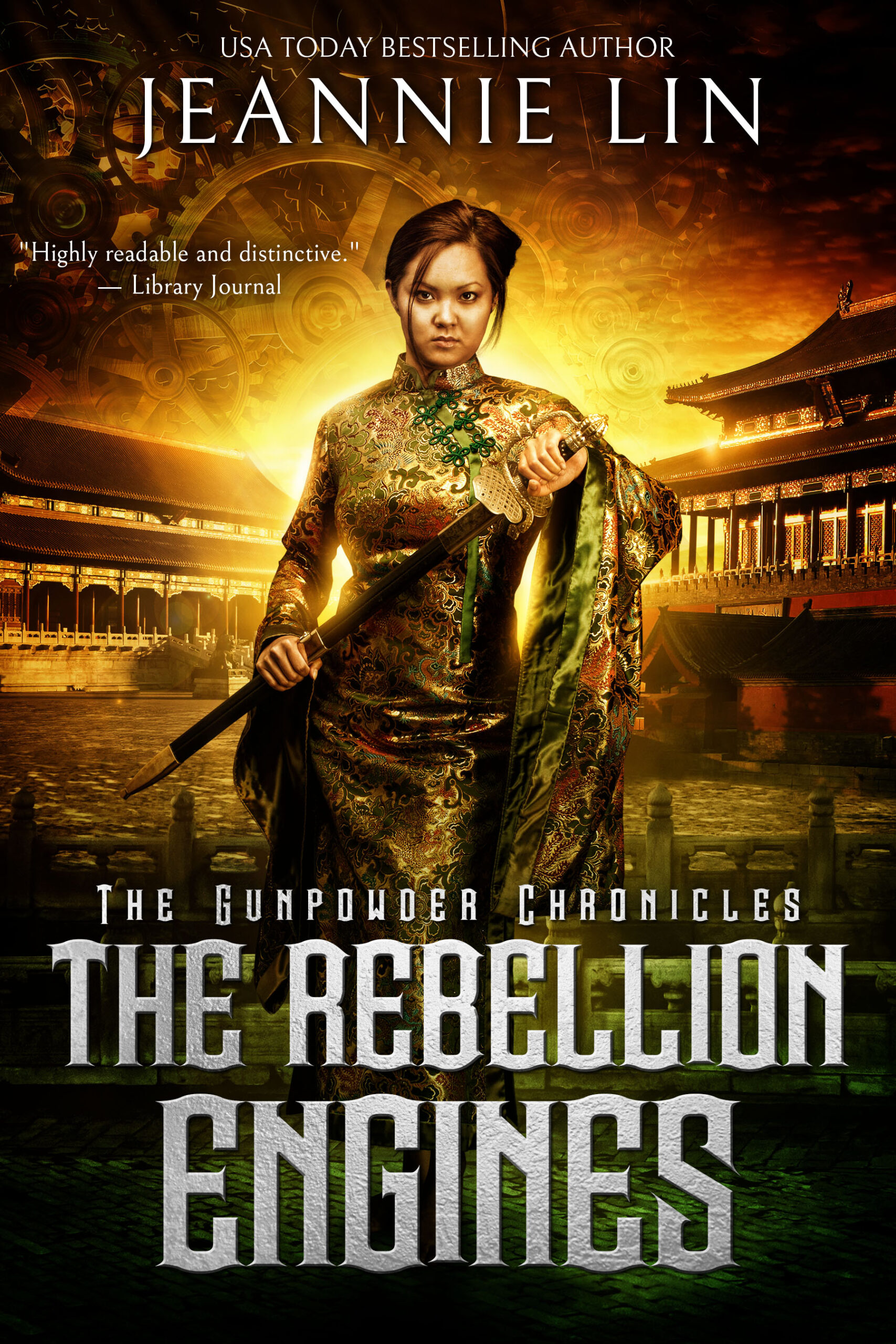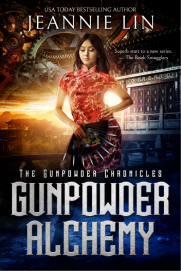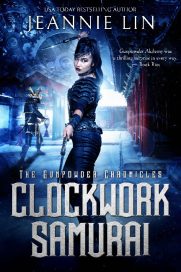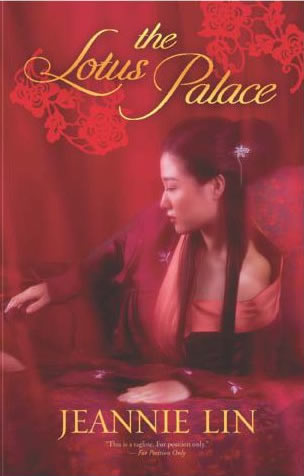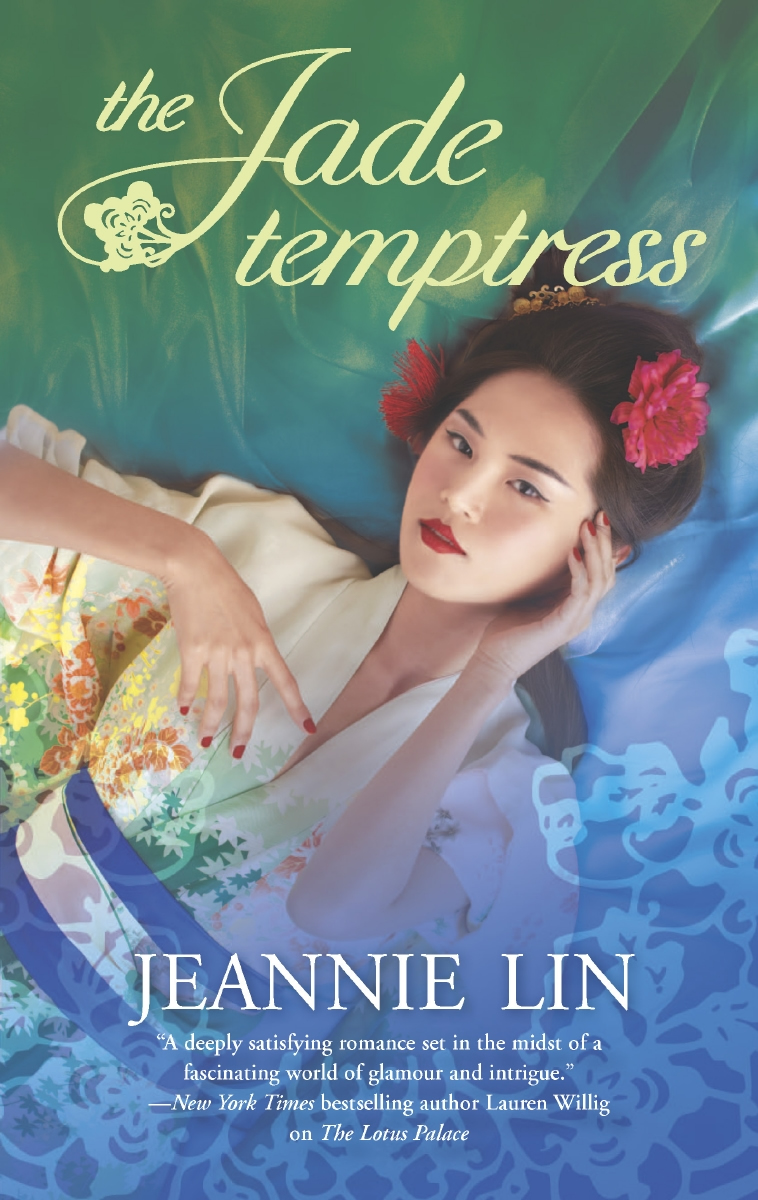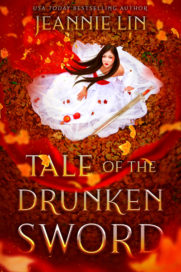Parts of Across the Silk Road, aka Book 1 remastered, have been sent out to readers. No one has the entire manuscript, not even Little Sis, because I’m still hashing out the last chapters which are still in draft form. I have to thank my readers for being so patient with me and my jigsaw process. Right after I finish this draft, I’ll pick up from the beginning and revise in earnest again.
Last night, after critique group, I was thinking of how deep my revision process is. I expect a lot of the tone of the book to change and deepen in the subsequent drafts. Rarely does the structure or plot change, but the emotions get worked over and sharpened (at least I hope) which requires more invasive and far reaching changes threaded throughout the book. It’s so time consuming and nerve wracking to work this way, but I may just have to resign myself to it.
I wonder if this is in some way due to the style of critique I prefer, which I developed from working with Little Sis. I was telling her last time we were together how most readers will read and tell you what worked and what didn’t, giving you suggestions for what you can tweak. That’s definitely needed and very useful. But what my sister tells me is not whether the story is working, but rather, she tells me what the story can be.
The suggestions Little Sis will give are ones that will turn a scene on its tail. She’ll redirect the emotional path of the scene, at times, changing the tone of the entire chapter and perhaps even subsequent chapters. The characters will develop in an entirely different way from what I have on the page — but not in conflict with my overall arch. I can see where this sort of critique can be unwelcome. The changes are not insignificant, but her special skill is that she is sensitive to where the story is going. She’s able to tell me how to do what I want, but even better.
I think it takes a special kind of love to be able to do that. A special kind of tough love.




